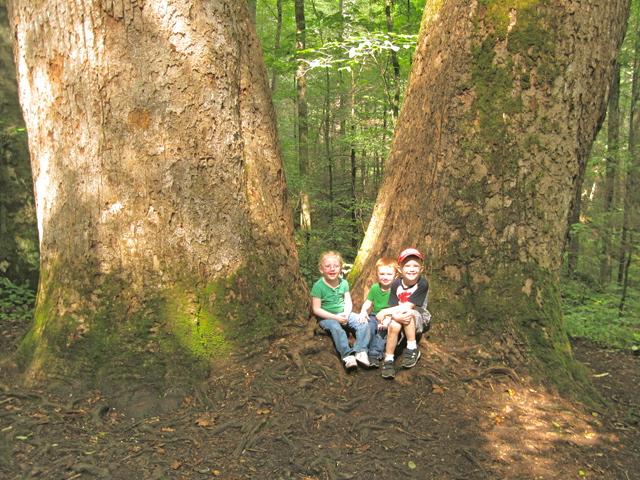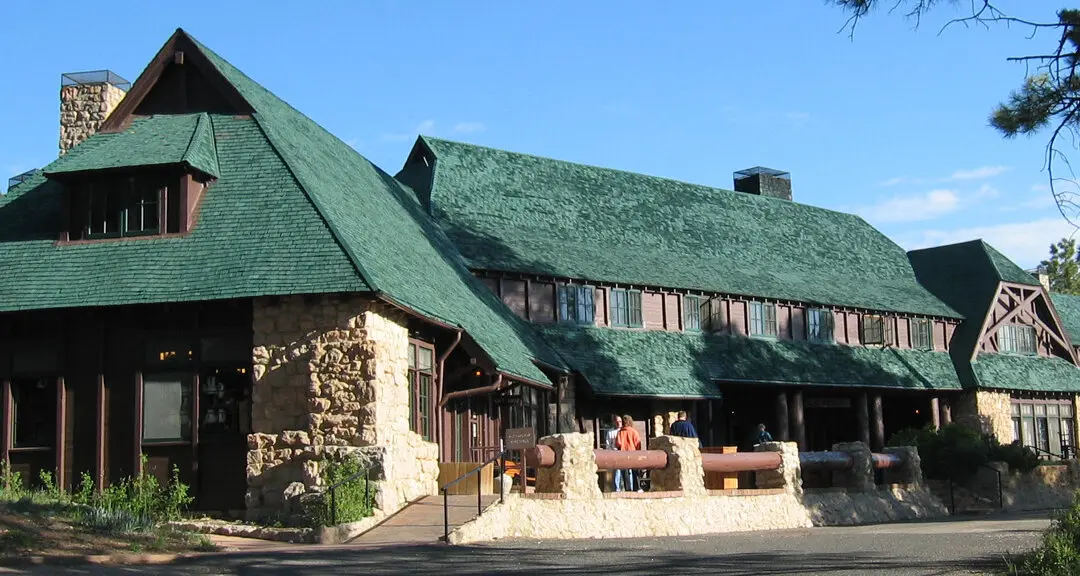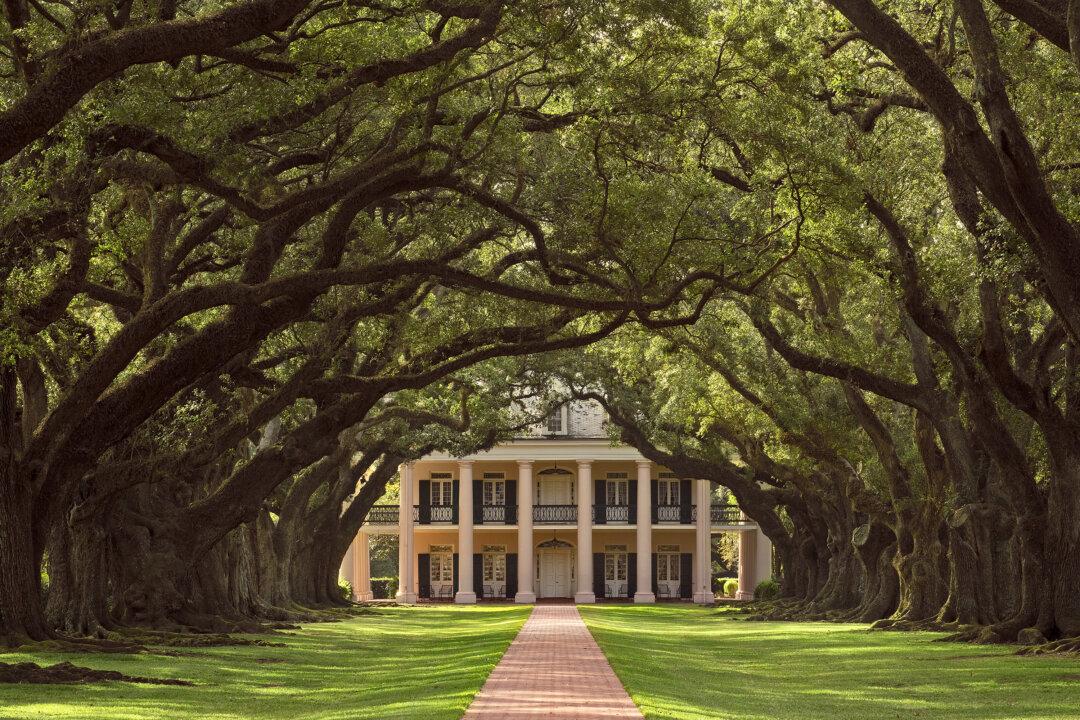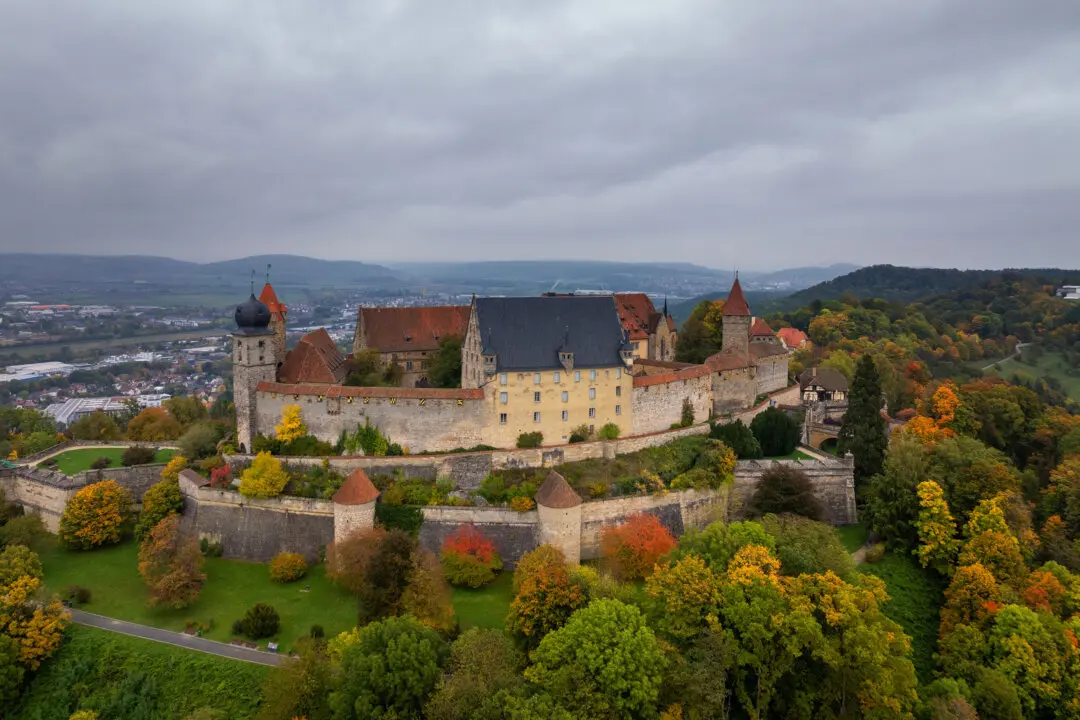“Joyce Kilmer was a man?” is a question asked often when people visit the Joyce Kilmer Memorial Forest in mountainous Graham County, North Carolina. Since the unisex name, Joyce, is most often been bestowed on females, the question is understandable. However, once visitors to the natural historic site get beyond the gender confusion, they realize that there is a significant reason for naming the old-growth forest of primarily towering yellow poplar trees after Kilmer.
Many sites important to American history truly are “off the beaten path,” and this one, located 12 miles west of the nearest town—tiny Robbinsville—is no exception. One has to want to tackle the winding and remote, yet stunningly beautiful, route to seemingly nowhere in order to find Joyce Kilmer Memorial Forest, located in the Nantahala National Forest.





